Keynote Speakers
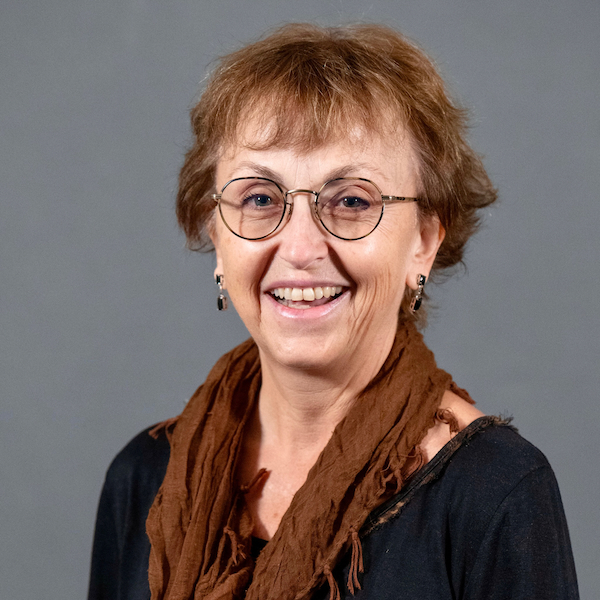
Dora Angelaki
Tandon School of Engineering, New York University, New York, USA
Center for Neural Science, New York University, New York, USA
Title of the talk: Belief embodiment through eye movements facilitates memory-guided navigation
Dora Angelaki is a Professor at the Center for Neural Science and the Tandon school of Engineering at New York University. She holds a diploma and Ph.D. degrees in electrical and biomedical engineering from the National Technical University of Athens, Greece, and the University of Minnesota. Interested in understanding the principles that make our brain so much better than man-made machines and AI, she uses naturalistic foraging tasks that combine uncertainty, spatial navigation, decision-making and episodic memory to understand inference in the brain. She explores how task-relevant latent variables and multisensory signals flow dynamically across brain areas to generate perception and cognition, how hierarchical causal inference is implemented in the brain, how beliefs propagate through the network, and how internal states modulate this information flow.
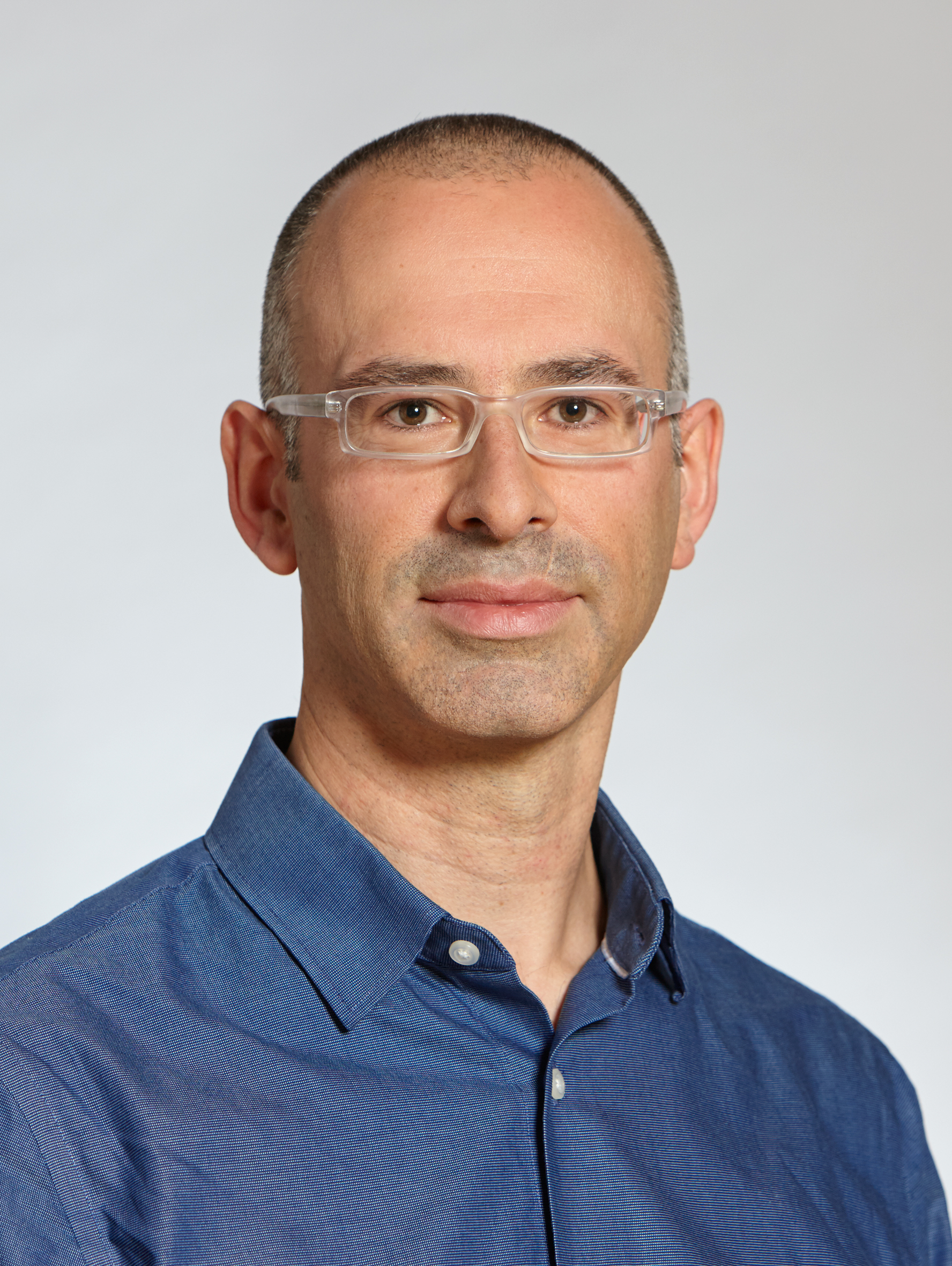
Valerio Mante
Institute of Neuroinformatics, ETH Zürich, Zürich, Switzerland
Title of the talk: Neural population dynamics of decisions and actions
Valerio Mante is a group leader at the Institute of Neuroinformatics. Dr. Mante obtained a master's degree in physics and a Ph.D. in neuroscience from ETH Zurich. Subsequently, he was a postdoctoral fellow at Stanford University and the Howard Hughes Medical Institute. His laboratory uses a combination of experimental and computational approaches to investigate the role of prefrontal cortex in normal and impaired cognition (e.g. decision-making and attention).
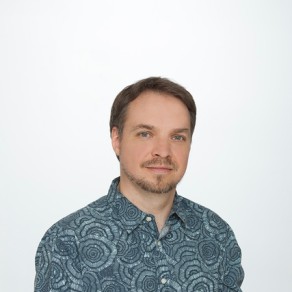
Tom Froese
OIST, Okinawa, Japan
Embodied Cognitive Science Unit, Okinawa, Japan
Title of the talk: Making Mind Matter
Froese is a German cognitive scientist with a background in computer science and complex systems. He is based in Japan at the Okinawa Institute of Science and Technology Graduate University, where he heads the Embodied Cognitive Science Unit. The Unit investigates the interactive basis of life and mind with a variety of methods, including evolutionary robotics, agent-based modeling, sensory substitution interfaces, artificial neural networks, and virtual reality. Froese is particularly known for his contributions to the field of artificial life and to the enactive approach to cognitive science. Currently he is coordinating the creation of an EEG hyperscanning lab and developing a novel approach to quantifying the efficacy of agency called irruption theory.
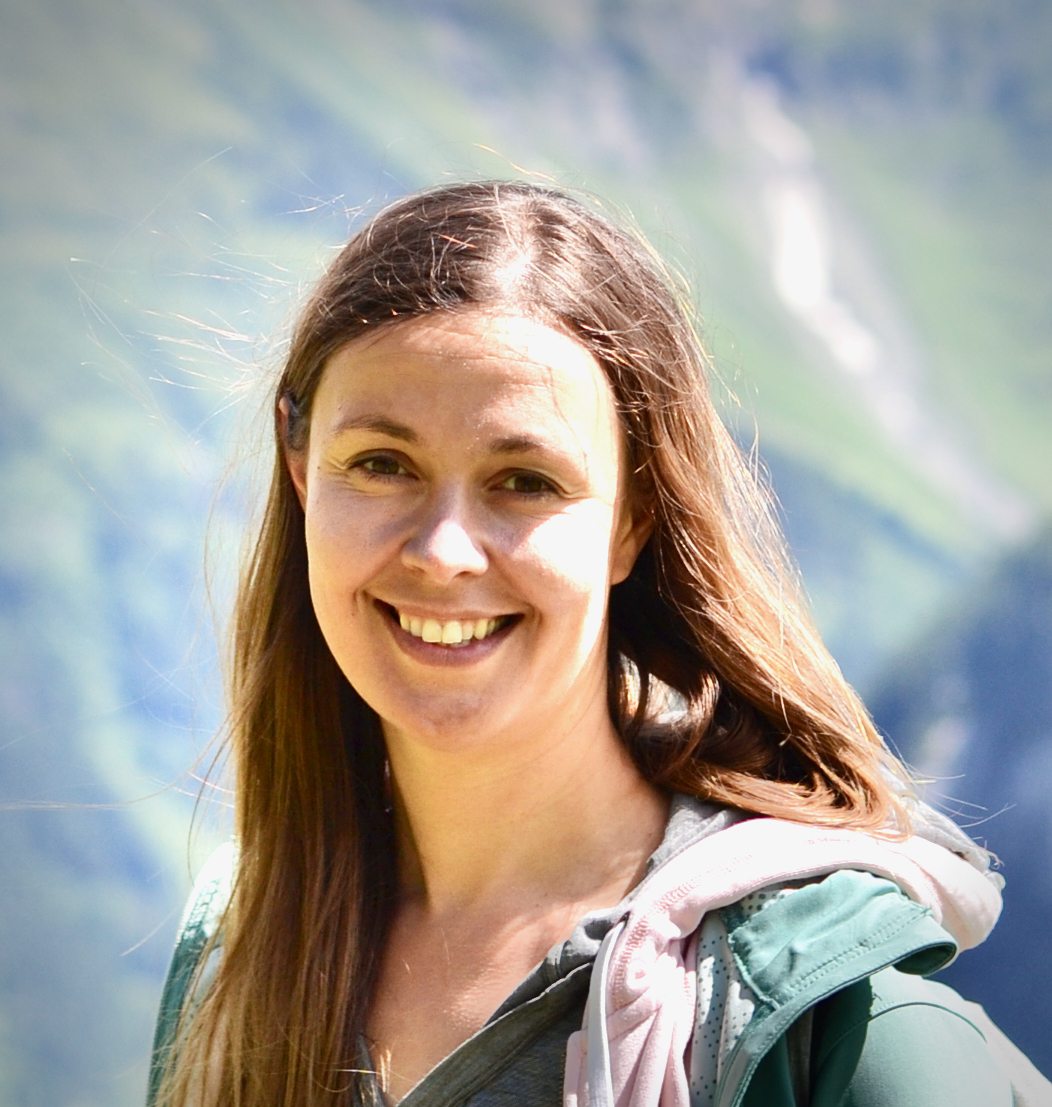
Asya Achimova
Department of General and Computer Linguistics, University of Tübingen, Germany
Neuro-Cognitive Modeling Group, Cognitive Science Center, University of Tübingen, Germany
Title of the talk: Two Models of Strategic Ambiguity
Asya Achimova focuses on modeling human communication as a way to understand the interaction between cognition and language. She uses formal and experimental tools to uncover how speakers infer each other's background beliefs and assumptions in conversation. She further investigates how these assumptions shape the choice of what to say and how to formulate it. She applies tools from probabilistic pragmatics to develop quantitative and qualitative predictions that capture these processes.
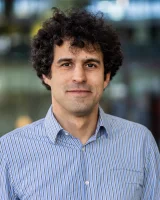
Carlos Zednik
Philosophy of Artificial Intelligence, Eindhoven University of Technology, Eindhoven, Netherlands
Eindhoven Artificial Intelligence Systems Institute, Eindhoven, Netherlands
Title of the talk: Why Explainable AI needs Cognitive Models
Carlos Zednik is a cognitive scientist with an academic background in philosophy and computer science. He focuses on philosophical questions about artificial intelligence (AI) with a goal of developing best practices for explainable AI in the context of machine learning. His work also intersects psychology and neuroscience with an aim to apply mathematical models to better describe cognitive mechanisms.
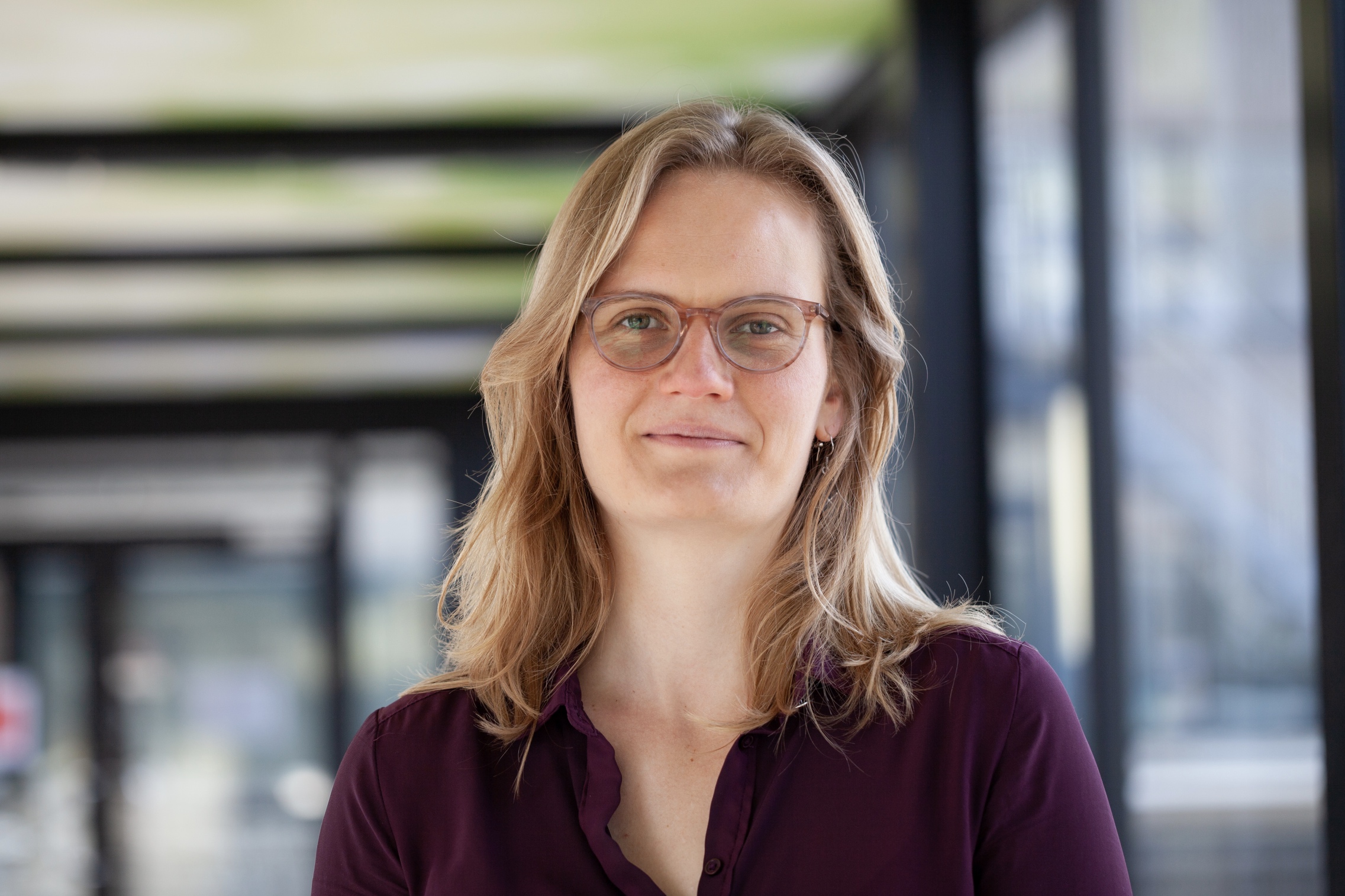
Marieke Woensdregt
Max Planck Institute for Psycholinguistics, Nijmegen, Netherlands
Donders Center for Cognition, Radboud University, Nijmegen, Netherlands
Title of the talk: Social Cognition and Social Interaction in Language Use
Marieke Woensdregt is a computational cognitive scientist who studies the complex interplay between language, inference, social cognition, and social interaction. She uses formal and computational modelling to better understand and explain the cognitive processes that allow humans to use language efficiently but also flexibly.



